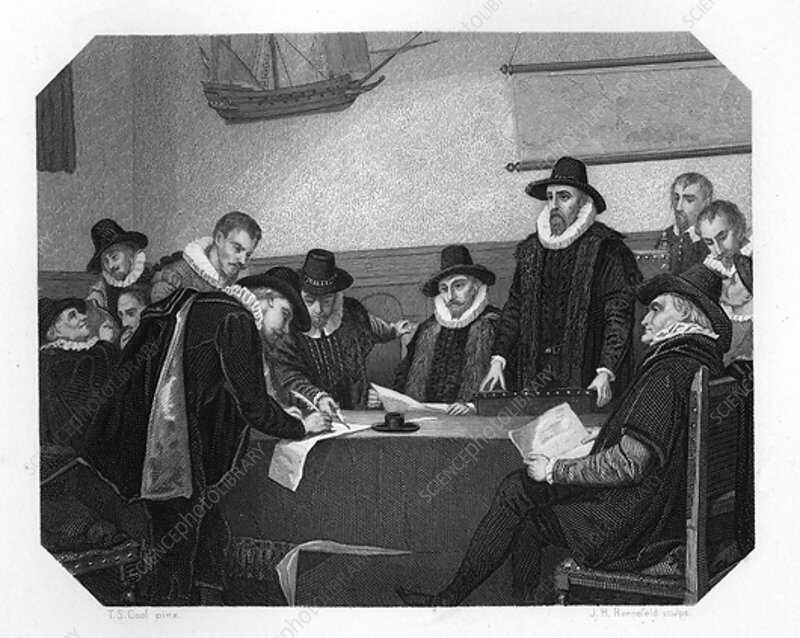The Dutch East India Company, known as Vereenigde Oostindische Compagnie (VOC) in Dutch, stands as a monumental figure in the annals of history, epitomizing the zenith of trade, maritime dominance, and the complexities of colonization. Established in 1602, the VOC heralded the dawn of the global trade era, wielding unparalleled power that forever altered the course of international commerce and colonial expansion. This narrative explores the origins, rise, and influence of the world’s first true multinational corporation.
Establishment and Rise to Global Prominence
The VOC emerged from the ambition of Dutch merchants and the States General of the Netherlands, who sought to dominate the spice trade with the East Indies. It was an entity endowed with extraordinary powers, including military might, the authority to negotiate treaties, and the capacity to establish colonies. These privileges facilitated the VOC’s rapid ascent to global prominence, setting a precedent for future corporate entities.
The Strategic Role of Colonization
Colonization was central to the VOC’s strategy, serving both as a means to secure trade routes and as a mechanism for expanding its influence. The company established strategic outposts throughout Asia, notably in present-day Indonesia, Sri Lanka, and India. These colonies not only facilitated control over the spice trade but also allowed the VOC to exert significant political and social influence over the regions, laying the groundwork for the Dutch colonial empire.
Path to Unparalleled Success
The cornerstone of the VOC’s success was its monopoly over the spice trade, complemented by innovative maritime practices and a formidable military presence. The company’s fleets navigated uncharted waters, bringing back valuable spices that were worth their weight in gold in Europe. This trade monopoly enriched the Dutch Republic and cemented the VOC’s status as a global trading behemoth.
Decline and Dissolution
Despite its initial successes, the VOC faced insurmountable challenges in the 18th century, including internal corruption, increased competition, and mounting debts. These adversities, compounded by military setbacks, led to the company’s gradual decline, culminating in its bankruptcy and official dissolution in 1799.
The VOC’s Enduring Legacy
The VOC’s legacy is vast, influencing contemporary corporate governance, global trade networks, and the concept of the stock exchange. It introduced the world to corporate finance, shareholder rights, and international business operations—concepts that underpin today’s global economy.
The Dutch East India Company’s Impact on Global Cuisine: A Spice Odyssey
An intriguing facet of the VOC’s legacy is its lasting impact on global cuisine. The company’s spice trade introduced exotic flavors to Europe, revolutionizing dietary preferences and culinary practices. This gastronomic journey not only enriched global cuisine but also fostered cultural exchanges that resonate to this day.
The Dutch East India Company’s saga is a narrative of ambition, power, and transformation. It played a pivotal role in shaping the modern world, from advancing global trade to initiating early forms of corporate governance. While its story is marked by both triumphs and transgressions, the VOC’s enduring influence on commerce, colonization, and culture remains undeniable.
